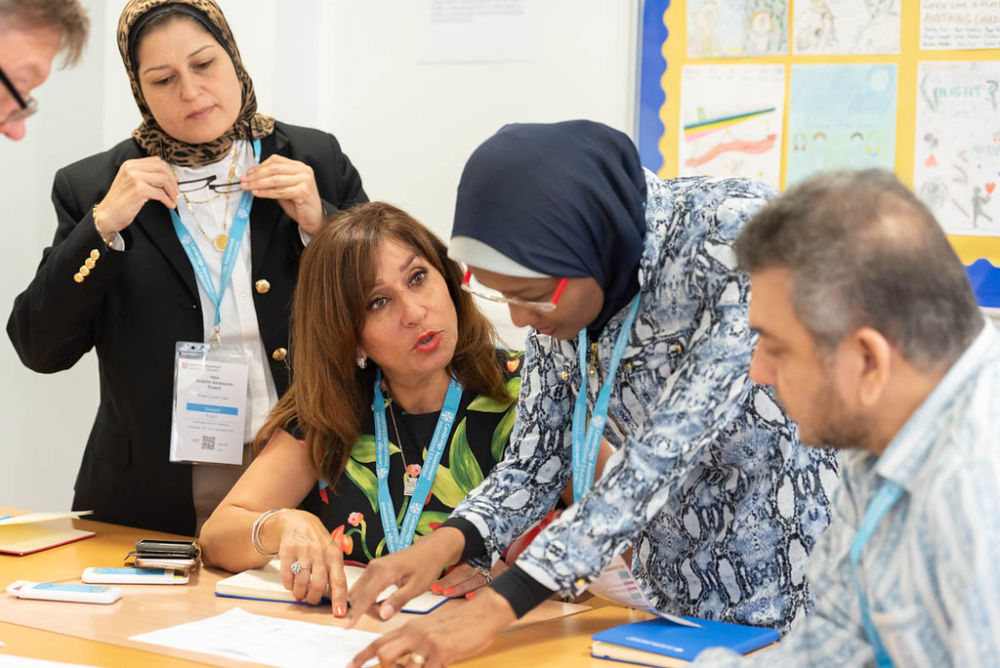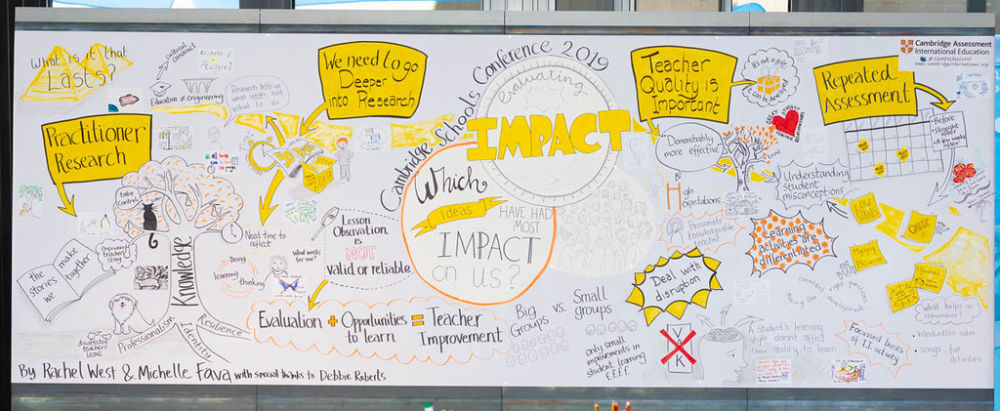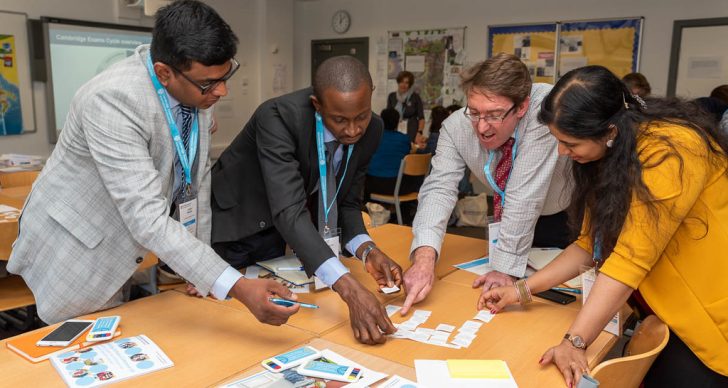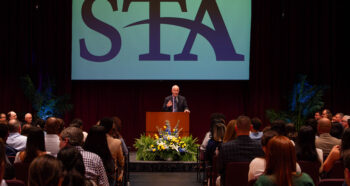When I was a teacher and school leader, I observed a lot of trainee teachers. It was always a joy to work with them. There was so much passion, and so much talent. It was wonderful to see them develop and grow, and I love hearing from them years later about how their careers have flourished.
But one of the things that used to be really hard for some of those trainees, was the evaluation of their lessons. Many of them were hard on themselves and needed a lot of encouragement to see their many achievements. Others needed help to realise that it was OK to admit their lesson wasn’t perfect – to understand that the very best teachers never stop thinking about how they can improve.
But either way, they found it very hard to assess whether the lesson ‘went well’.

What does success ‘look like’?
New and trainee teachers will often assess the success of their lesson by whether the class was well-behaved, or whether the students seemed to be enjoying the tasks. They will often focus on whether tasks were completed, and whether students were busy enough through the lesson.
All that is understandable. And if we are honest, it’s easy for those of us who are more experienced to fall into that trap too.
But if we do fall into that trap we are missing something really important. Because the key thing about the success of a lesson is not whether students are entertained, quiet or busy. It’s about whether they are learning. It’s about whether they are making progress. And particularly, whether they are making as much progress as they can.
And that’s true for school leaders too. How do we move beyond feeling there is a great ‘buzz’ in the school to really evaluating what we are doing? How can we make sure that we are helping our students to achieve as highly as they possibly can?
What is our impact?

John Hattie reminds us that one of the most important things we can do is to know our impact[1]. Because it is only if we do, that we can really do the very best for our learners.
And that’s what we are exploring at our Cambridge Schools Conferences in Cambridge, Bali and Florida over the next year. We held our first conference on 14-15 September and heard from inspirational leaders, teachers and researchers about how we evaluate our impact and what we know about great teaching.
We explored approaches ranging from Assessment for Learning techniques to whole-school evaluation. We reflected on the power of teacher research and considered how we can make effective use of student voice. And we did all this in an exciting atmosphere of global cooperation, as teachers and school leaders from all around the world networked and shared ideas.
I can’t wait to continue the discussion in Bali and Florida!
Follow @CambridgeInt for news and information about the conference and join the discussion at #CamSchoolsConf.
[1] [John Hattie, Visible Learning, 2008]





